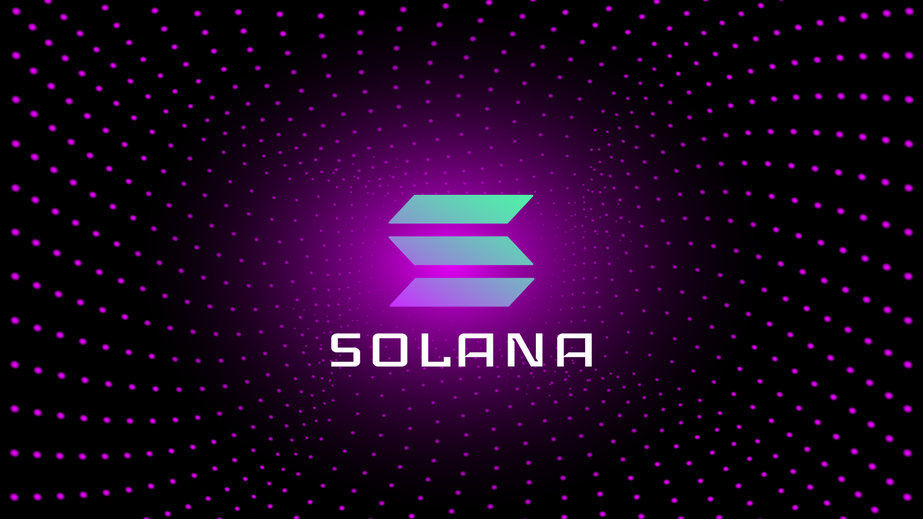Leading liquid staking system Jiton asserts that its token JitoSOL isn’t a security. This position may influence changes in crypto-related laws. Since the platform controls about half of Solana’s liquid staking market, its case depends on utility.
JitoSOL enables users to stake SOL while keeping liquidity, reaping incentives linked with network performance rather than profit-sharing. Jito’s stance highlights a crucial test for the future of distributed finance as authorities still lack clarity on liquid staking tokens.
JitoSOL commands 53.7% of Solana’s liquid staking sector, exceeding rivals like mSOL (20.3%) and jupSOL (8.8%). With 13.33 million SOL staked, which is approximately 3.4% of Solana’s total staked supply, it offers a yield enhancement of around 15% through MEV redistribution and Stake Net’s decentralized validator delegation.
Since its launch in 2022, Jito already boasts 7,906 active stakers holding more than 10 SOL, surpassing Jupiter’s 3,451. While Solana’s LST adoption lags behind Ethereum’s 42%, Jito’s supremacy positions it as a regulatory barometer for liquid staking discussions.
Jito’s Regulatory Defense: Security or Utility?
Jito’s March 2025 report argued that its token avoids security classification by emphasizing non-custodial design and decentralized utility. Built on Solana Labs’ audited stake pool program, JitoSOL’s value stems from staked SOL and MEV redistribution, not profit-sharing with Jito.
While protocols like Lido face scrutiny over centralized admin risks (e.g., slashing, smart contract flaws), Jito’s multi-sig validator control (5+ founding team members) and Stake Net’s on-chain delegation mitigate these concerns.
Critics counter that the reliance on centralized validators in liquid staking creates a “centralized risk,” but Jito’s open-source Stake Net protocol decentralizes slashing exposure, aligning with restaking trends. Unlike Ethereum’s LST dominance (42%), Solana’s sector remains underpenetrated (6.3%), leaving Jito’s stance pivotal for regulatory clarity.
Jito AVSs: Restaking’s Security Engine
Jito’s restaking network, established in July 2024, allows users to increase benefits by acquiring actively verified services (AVSs). Inspired by Ethereum’s EigenLayer, this approach boosts staking efficiency while avoiding centralization problems. Validators leveraging Jito’s infrastructure can compound profits for stakers while securing new decentralized services with restaked assets.
The incorporation of Maximal Extractable Value (MEV) has further improved JitoSOL’s attractiveness. In 2024, a validator using Jito’s MEV-optimized client received a $311,000 tip on a single transaction. These earnings are reallocated to JitoSOL holders, giving larger dividends and consolidating its supremacy in Solana’s liquid staking environment.
JitoSOL’s price stability remains a problem, replicating mSOL’s 2023 depegging occurrences where arbitrage restored parity. Slashing hazards persist: users inherit penalties if validators in Jito’s pool misbehave, despite Stake Net’s on-chain scoring mechanism alerts underperforming nodes.
Regulatory vagueness hinders compliance, with ambiguous standards for liquid staking tokens. Market concentration in DeFi lending and leverage intensifies volatility, while dependence on Solana’s uptime brings network-specific risks.
READ MORE: 21Shares Announces Plans To Launch Polkadot ETF on NASDAQ













